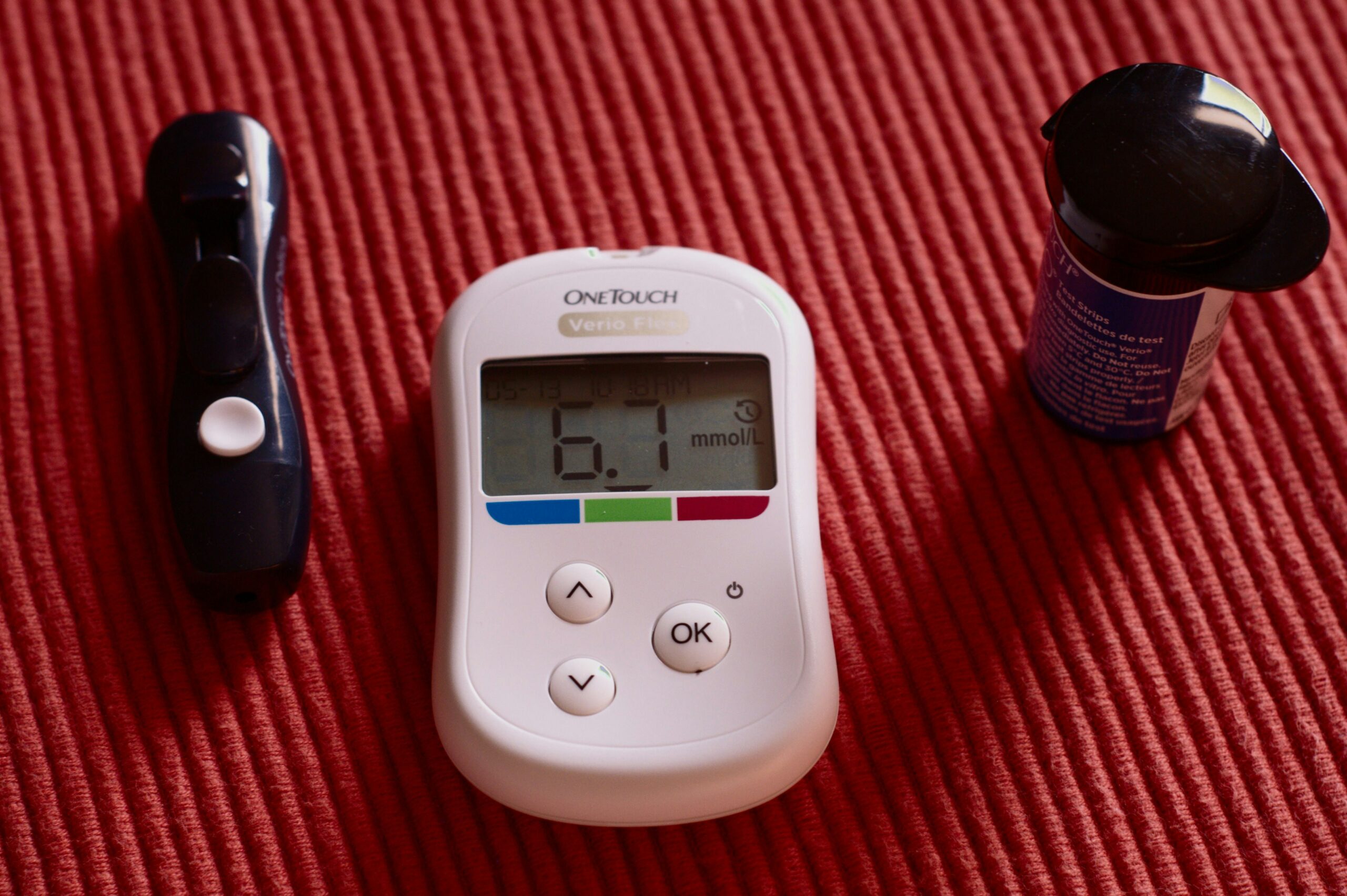
Living with diabetes can feel overwhelming, but with the right approach, it is possible to lead a healthy and balanced life. Simple, everyday strategies can help manage the condition effectively, making a significant difference in how one feels and preventing complications over time. This article explores easy-to-implement tips for managing diabetes and improving overall well-being.
Healthy Eating for Diabetes Management
One of the most important aspects of managing diabetes is maintaining a healthy diet. A balanced diet can help control blood sugar levels and support overall health. Focus on consuming whole grains, lean proteins, fruits, vegetables, and healthy fats. Avoid highly processed foods that are often high in sugar and refined carbohydrates.
It’s also crucial to monitor portion sizes and meal timing. Spacing meals evenly throughout the day can prevent spikes in blood sugar. Incorporating foods with a low glycemic index (GI) can further help stabilize glucose levels. These foods are digested slowly, leading to more gradual increases in blood sugar, which is beneficial for diabetes management.
Regular Exercise and Its Benefits
Physical activity plays a vital role in managing diabetes. Regular exercise helps lower blood sugar by increasing insulin sensitivity, allowing the body to use glucose more efficiently. Walking, cycling, swimming, and strength training are great options for staying active.
Consistency is key. Aim for at least 30 minutes of moderate exercise most days of the week. Even small changes, like taking the stairs instead of the elevator or going for short walks after meals, can significantly impact blood sugar levels. Always consult with a healthcare provider before starting a new exercise regimen, especially if complications from diabetes, like neuropathy, are present.
Monitoring Blood Sugar Levels
Regularly checking blood sugar levels is a cornerstone of diabetes management. It provides valuable information about how different foods, activities, and medications affect glucose levels. Monitoring helps individuals make informed decisions about their daily habits and adjust their strategies when necessary.
Most people with diabetes benefit from using a glucometer to check their blood sugar at home. Keeping a log of blood sugar readings and sharing them with a healthcare provider can offer insights into how well diabetes is managed. Some people may also use continuous glucose monitors (CGMs) for real-time tracking, which provides a more comprehensive view of glucose trends throughout the day.
Stress Management and Diabetes
Stress can directly impact blood sugar levels. When the body is under stress, it releases hormones like cortisol, which can raise glucose levels. This can make managing diabetes more difficult, especially when stress becomes chronic.
Practicing stress-reduction techniques can help keep blood sugar levels in check. Meditation, deep breathing exercises, yoga, and outdoor time can help lower stress levels. Maintaining a regular sleep schedule and setting aside time for relaxation daily can also contribute to better diabetes management.
Medications and Insulin Management
In addition to lifestyle changes, many individuals with diabetes need medication or insulin to help control blood sugar levels. The following is essential. Follow the prescribed treatment plan and communicate with healthcare providers about how medications work. Adjustments to doses or types of medications may be needed over time.
Proper administration and storage are important for those who require insulin. Insulin should be stored according to the manufacturer’s instructions to maintain effectiveness. Learning the correct technique for insulin injections or using an insulin pump can ensure that blood sugar is controlled effectively.
The Importance of Hydration
Staying hydrated is often overlooked but plays a critical role in diabetes management. Dehydration can lead to elevated blood sugar levels because the body has less water to dilute glucose in the bloodstream. Drinking enough water throughout the day can help prevent blood sugar spikes and reduce the risk of complications like kidney damage.
Aim to drink water regularly and limit sugary drinks like soda and juice, which can cause blood sugar to rise rapidly. If plain water feels monotonous, adding a slice of lemon or cucumber can make it more appealing without adding extra sugar.
Building a Support System
Managing diabetes can feel isolating at times, but building a strong support system can make the journey easier. Family, friends, and healthcare providers can offer encouragement and guidance. Joining a diabetes support group or participating in online communities can connect individuals with others who understand the challenges of living with diabetes.
These groups can be great resources for sharing tips, recipes, and personal experiences. Having people to talk to, whether in person or virtually, can reduce the stress of managing diabetes and create a sense of belonging.
Regular Medical Check-Ups
Routine medical check-ups are essential for managing diabetes. Regular visits with a healthcare provider allow for monitoring important health markers like blood pressure, cholesterol, and kidney function. These visits also provide opportunities to check for complications related to diabetes, such as neuropathy or eye problems.
During these check-ups, discussing any changes in symptoms or concerns about medications is important. Preventive screenings and exams, such as foot and eye exams, should be a regular health routine for diabetes patients.
Staying Positive and Motivated
Living with diabetes requires ongoing effort and attention, which can feel discouraging at times. However, maintaining a positive mindset and staying motivated are key to long-term success. Celebrating small victories, such as improved blood sugar readings or consistent exercise, can help maintain momentum.
Setting realistic goals and tracking progress can make the process more manageable. It’s important to remember that setbacks are normal, and reaching out for support when needed can help regain focus. Developing a healthy routine over time will lead to improvements in both physical and emotional well-being.
Managing diabetes doesn’t have to be complicated. By incorporating simple strategies such as healthy eating, regular exercise, stress management, and medication adherence, it’s possible to control blood sugar levels and lead a fulfilling life. Regular check-ups and a strong support system are also crucial components in achieving long-term success in diabetes management. With the right approach, living well with diabetes is achievable for everyone.